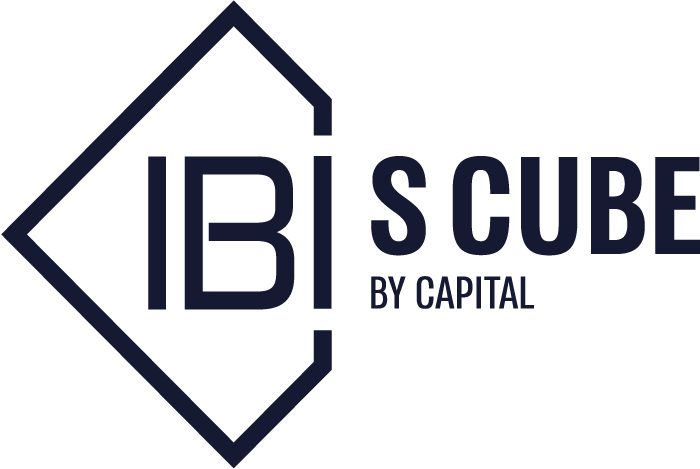Melio serves as an example of proper conduct over the years that paved the way for a successful closing; M&A deal preparations can take months during which the deal might fall through, this is how to shorten the process; Before the buyers show up, here are 5 important things to know when getting ready for an exit.
Preparations for an M&A deal can take several months, during which the deal may fall through for various reasons. Therefore, being fully prepared in advance is key to minimizing delays in the process. beyond ensuring that the financial reports are submitted on time and without reservations, when the buyer is a large public company and the target is a private company, additional issues tend to arise such as transaction-specific valuations. These valuations often need to be completed on a tight timeline, as any delay could jeopardize the deal. The valuation must be credible and detailed enough to satisfy the rigorous review of both parties’ legal advisors and auditors.
S-Cube, Israel’s largest provider of valuation services for tech companies, with a market share estimated at about 60%, has repeatedly proven its strength in meeting these challenges. A clear demonstration of this is the recent reported mega deal in which New Zealand-based Xero acquired the Israeli fintech company Melio for $2.5 billion, with an optional additional payment of $500 million contingent on performance milestones. Melio serves as a prime example of proper long-term management that laid the foundation for a successful major exit.
IBI Capital managed all financial aspects of the deal, while in terms of economic advisory, the company chose to retain S-Cube’s services to support and perform all required ongoing valuations over several years. As a result, thanks to the company’s on-time financial reports, free of any auditor reservations, preparations for the transaction were relatively straightforward and limited to deal-specific valuations. In other words, there was no need for retroactive valuations for financial reporting or any similar requirements, which could significantly extend the preparation time and jeopardize the deal.
Before the buyers come knocking, it’s important to make sure you’re prepared. Here are five key topics you should know and familiarize yourself with in advance — insights gathered from dozens of startups deals we have supported over the years, to help ensure your deal closes successfully when the time comes:
1. Timing Really Is All About Timing
First and foremost, you must understand that the M&A process is long and involves a process of due diligence, where you’ll be required to present, among other things, board meeting protocols, investor presentations, valuations, and “clean” financial statements (without any auditor reservations).
Keep in mind, as with any deal, until the agreement is signed, there is always a chance that the buyer will change their mind. The longer it takes to deliver the required documentation, the higher the risk of the deal falling through for reasons often unrelated to your product or technology. For example, the acquiring company could itself be acquired, the executive leading the deal could change positions, market conditions could shift, or financing options for the deal might dry up.
Therefore, the company should be well-prepared for a thorough due diligence process long before engaging with prospective buyers. Gather all the relevant documents into a well-organized M&A folder and ensure there are no “gaps” in the financial statements. For example, companies that haven’t performed valuations for employee option expenses might end up with auditor reservations. Since most investors won’t acquire companies with reservations in their financial statements (this automatically rules out any IPO plans), these companies scramble at the last minute to get valuations for multiple previous years under impossible timelines and increasing the deal costs as well.
Retrospective valuations are complex and require analysis of historical cap tables, option tables, investment agreements, relevant company bylaws, option grant agreements, and convertible loan documents. Even with a fast-paced valuation process, compiling and delivering the necessary documents can take weeks. The same applies to purchase price allocation (PPA) works needed after acquiring companies or technologies. Performing a PPA can take several weeks, even when initiated immediately after the acquisition. Delaying it until the last minute (after beginning the DD process) only adds time and complexity, especially since the rationale behind the deal terms is easily forgotten over time. Finally, the auditor must review the work as well. The bottom line is that every day of delay increases the likelihood that the deal will collapse.
2. Due Diligence Isn’t Necessarily One-Sided
Buyers should also be vetted – assessing their experience with M&A transactions and overall reliability. Are they known for completing deals or for backing out at the last minute? For example, if the agreement includes an earnout mechanism, it’s important to understand who the buyer is to evaluate the likelihood that shareholders will actually receive the contingent payments (earnout payments are common clauses in M&A deals that define additional payments based on future performance.)
3. Shareholders Posing Challenges? Use a Reverse Triangular Merger
Standard M&A transactions typically require approval from 95% of shareholders, which can be particularly challenging when the acquired company is a public company. However, in a reverse triangular merger, only a regular majority (over 50%) is required.
What is a reverse triangular merger? In this structure, the buyer creates a wholly owned subsidiary and transfers the purchase consideration to it. That new subsidiary then merges with the target company, and the consideration is paid to the target’s shareholders. After the merger, the buyer will own 100% of the merged company.
Therefore, if certain shareholders oppose the deal for any reason, this structure enables the company’s management or founders to force the sale despite the “troublesome” shareholders objections.
4. Prepare for a Management-Level Challenge
Aside from the “headache” for CFOs detailed earlier, the M&A process and its accompanying negotiations demand a major time investment from the entire management team. In startups, where the management team already works long, double-digit hours, with little time left for anything else, this process can significantly disrupt regular business operations.
There are no magic solutions. Each company must find what works best for it. Just be aware of this in advance, so you’re not scrambling for solutions once it’s too late.
5. Surround Yourself with a Skilled and Experienced Team
A professional, experienced team of lawyers and accountants who have been through M&A processes before can help you avoid critical mistakes that could harm shareholders down the line and may even expose the management team to legal risk.
History shows that when serious mistakes occur during the deal process, shareholders rarely let them slide, and legal action often follows.
Bottom Line
Despite a challenging local economic environment, technology keeps advancing. If you have a strong team and product, investors will find ways to overcome obstacles. Once you’ve demonstrated the economic viability of your product or technology and you’re expecting an M&A deal, all that’s left is to prepare the ground to seize the opportunity when it arrives.
Being aware of the demanding nature of such deals and making this part of your day to day in early stages, such as product development and seed funding stages, can significantly improve both the odds of achieving a successful exit, as well as the terms and outcomes of the deal in both the short and long term.
The content in this article is for informational and general purposes only. It does not constitute complete or exhaustive advice on all aspects of M&A transactions. It is not legal, financial, tax, or economic advice, and should not replace professional and personalized consultation. Neither S Cube, IBI Group, nor any of its companies will be held liable for any loss or damage incurred by any third party relying on this information.



